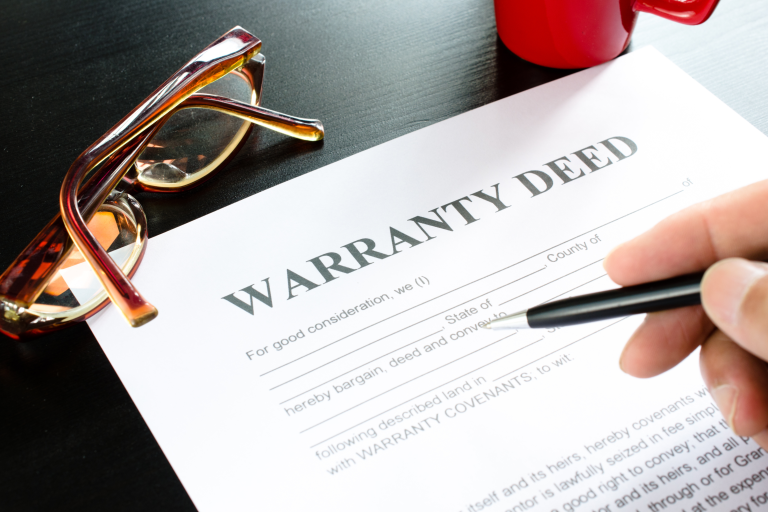When a Florida resident dies owning property titled solely in his/her name, the decedent’s will must be filed with the probate court.
Upon receipt of the will, the court must verify the document’s validity and whether it reflects the testator’s wishes accurately. In this context, if an interested party believes that the will is either technically invalid or does not reflect the decedent’s intentions, it may be possible to contest the will in court.
Contesting a Will in Florida – Explaining the Basics
A will contest is a type of estate litigation wherein an interested party of a will – typically one of the decedent’s heirs – challenges the validity of the document altogether or specific provisions within it.
The simplest type of will contest involves execution mistakes. As provided by Florida Statutes §732.502, the validity of a will within state jurisdiction depends on whether the testator met specific execution requirements.
For instance, if a will is not signed by the testator and two witnesses in the presence of each other, the document may be deemed invalid when submitted to the court. Still, there are several types of will contests that require more substantive evidence, such as:
- Cases involving undue influence
- Cases in which the testator was not 18 or older
- Cases in which the testator was not of sound mind when the will was executed
- Any case involving lack of testamentary capacity
- Cases wherein the testator was a victim of fraud
- Cases wherein the testator was coerced to sign the will under duress
How to Void a Will in Florida – Procedures for Contesting a Will
First, it is crucial to understand that a will contest is an adversary proceeding within a probate case. As provided by Florida Statutes §732.518, “an action to contest the validity of all or part of a will or the revocation of all or part of a will may not be commenced before the death of the testator.”
Therefore, a party interested in challenging a will must act within an existing probate case by asking the court adjudicating the case to void the document in whole or part, or by claiming that the will was executed under undue influence, fraud or duress.
Needless to say, the guidance of an expert attorney is vital to ensure a proper will contest, especially to guarantee full compliance with the related substantive law.
How to Void a Will in Florida – Statute of Limitations
Generally, the statute of limitations for filing a will contest in Florida is within 90 days upon issuance of Notice of Administration.
The Notice is issued by the personal representative, which is the person appointed to execute the decedent’s estate, to notify all parties with an interest in the estate subject to probate.
If a formal notice is provided before the will is submitted to the court, the statute of limitations to contest the will is a short 20-day period. Nonetheless, there are exceptions to these preset timelines, such as when no will has been filed with the probate court.
Regardless, every second counts; thus, a party interested in contesting a will should seek professional guidance immediately upon receipt of Notice of Administration.
How to Void a Will in Florida – Immediately Contact an Expert Probate Attorney
If you want a winning strategy to contest a void in Florida, waste no time with uncertainty – call Attorney Romy B. Jurado today at (305) 921-0976 or email [email protected] to schedule a consultation.






